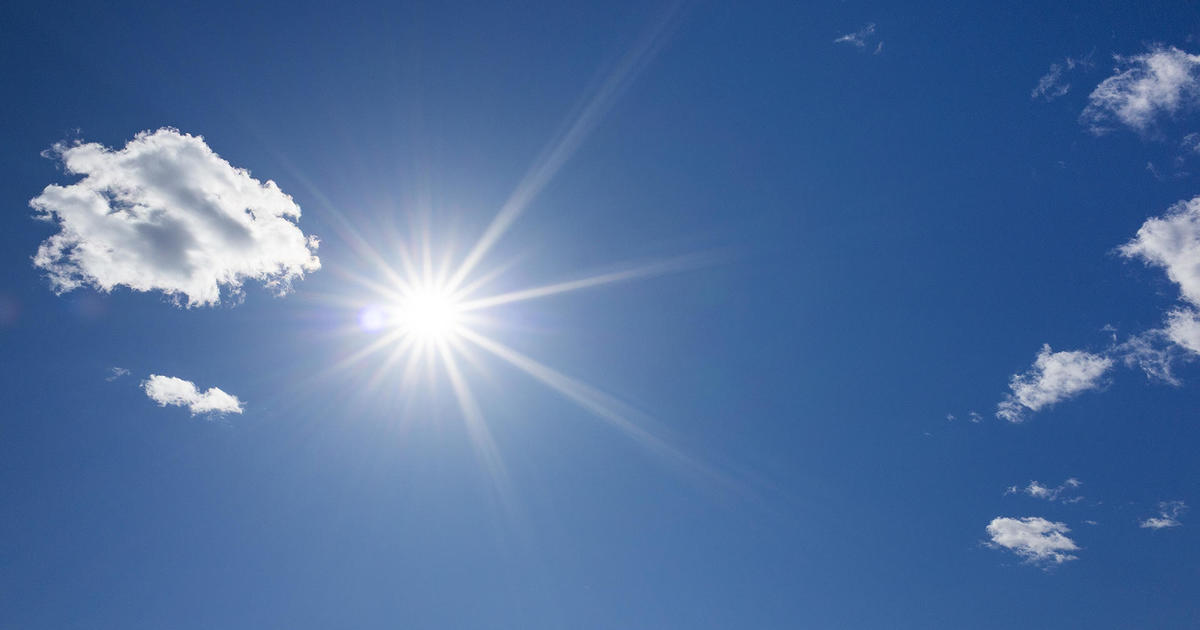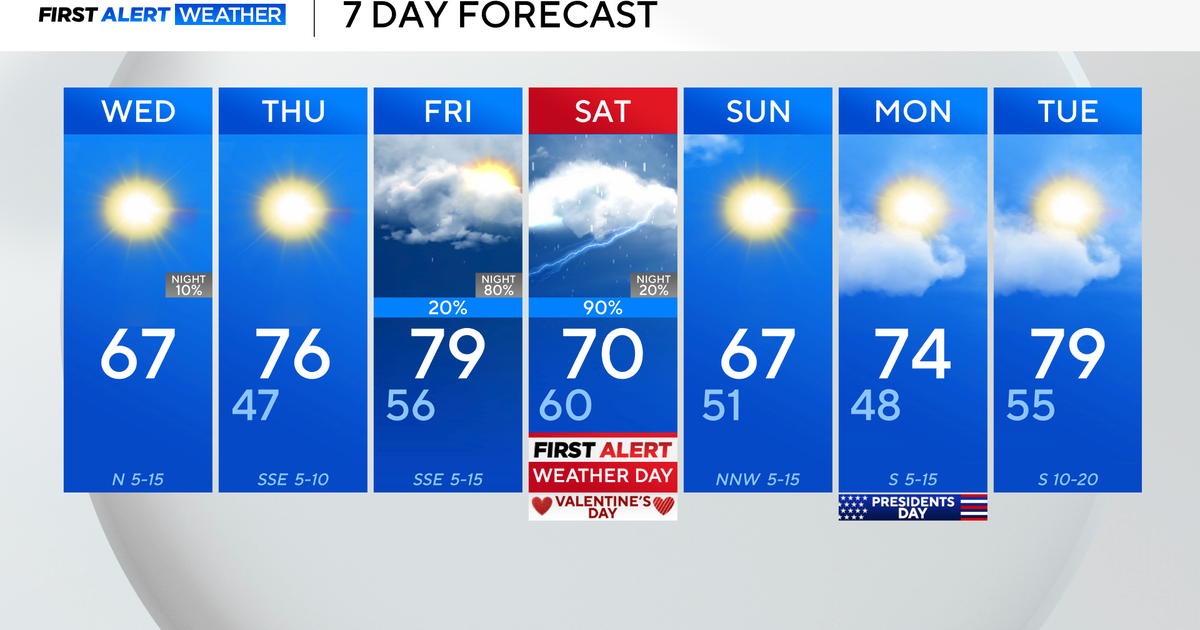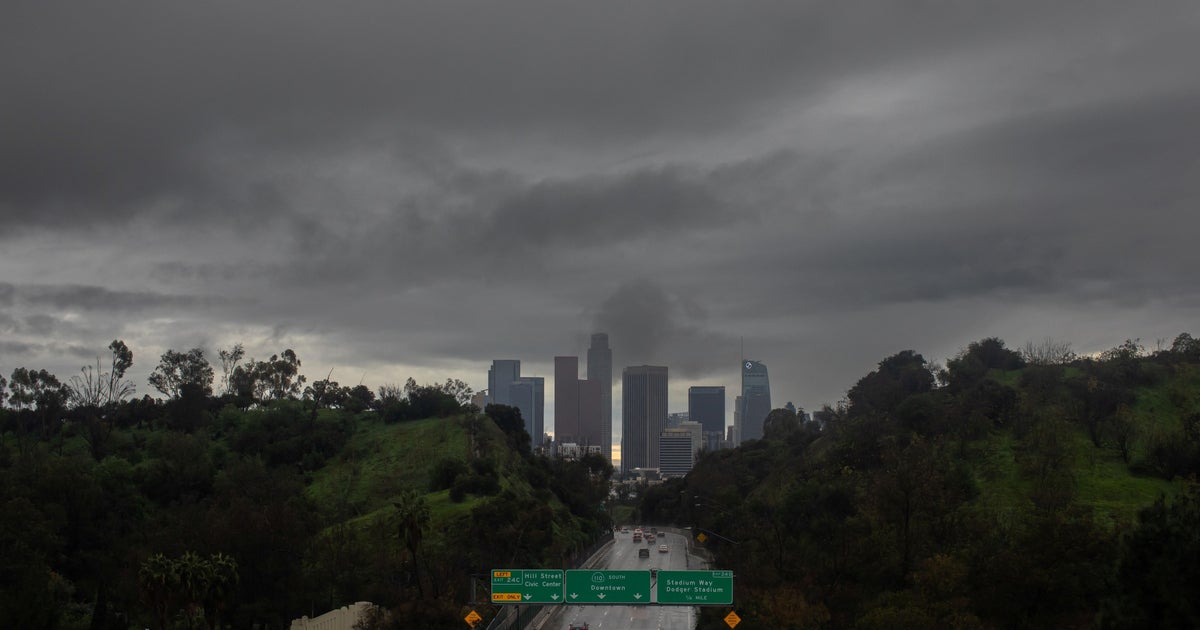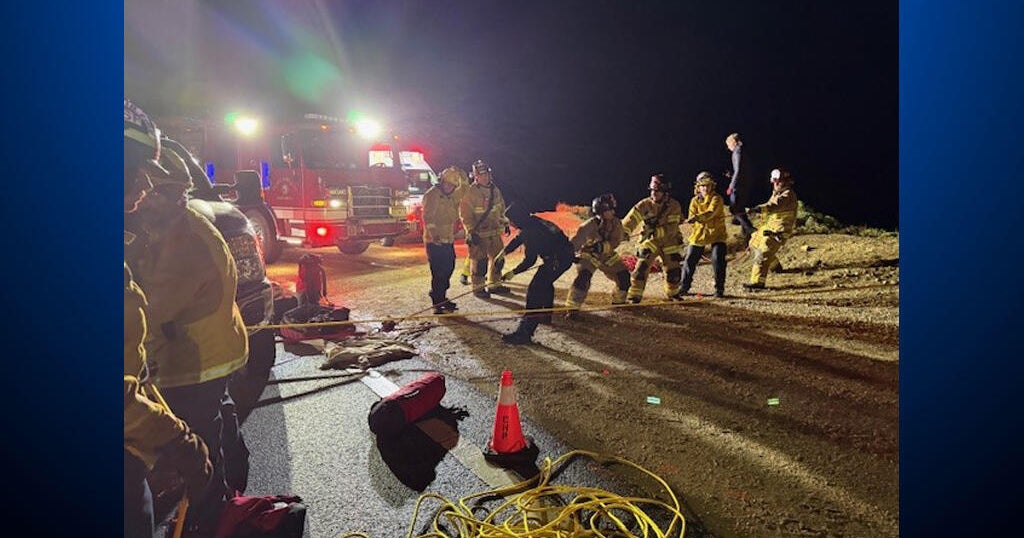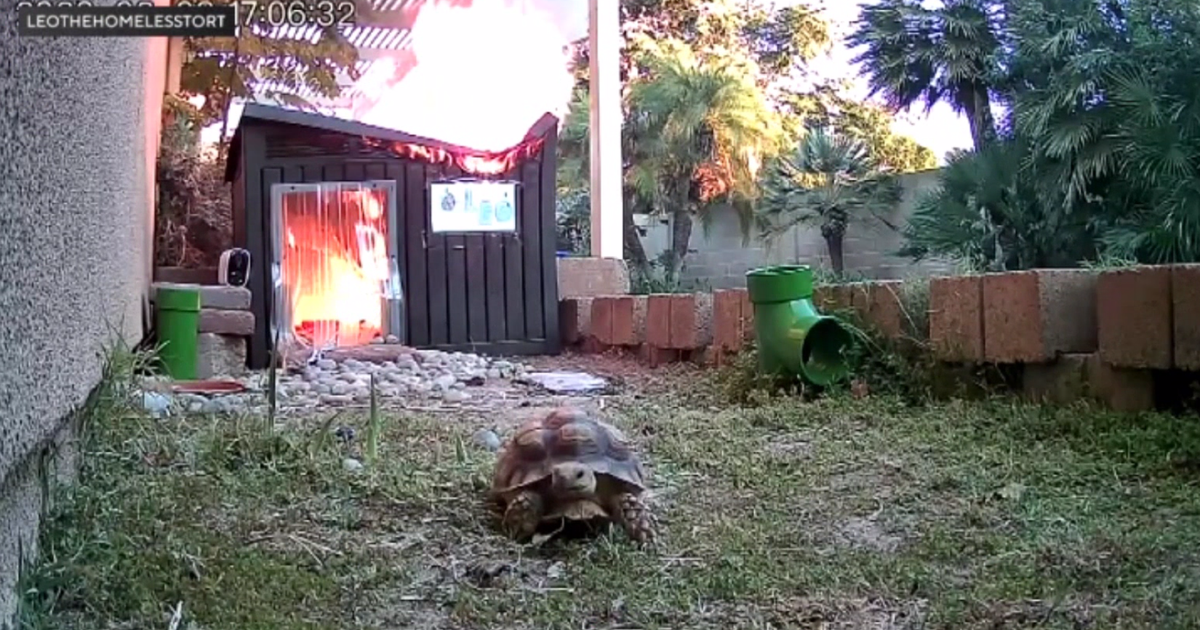StarDate: Moon, Venus, and Meteors
FROM THE UNIVERSITY OF TEXAS McDONALD OBSERVATORY, AS HEARD ON KCBS RADIO WEEKDAYS @ 9:52 A.M., 7:35 P.M. & 2:52 A.M
STARDATE 5/23/2014: The hours between midnight and dawn tonight offer skywatchers both promise and potential. The promise is a beautiful encounter between the Moon and the "morning star." And the potential is for a brand new meteor shower.
The shower is the possible spawn of a comet that was discovered 10 years ago. As it orbits the Sun, it sheds grains of rock and dirt along its path, forming streamers of debris.
Some experts say we'll pass through one or more of these streamers late tonight. As the bits of comet dust plunge into the atmosphere, they'll vaporize as bright streaks of light. There's the potential for dozens of meteors per hour — and perhaps more. So if you can get away from city lights, look into the moonless sky for what could be a brand new meteor shower.
The sky won't remain moonless all night, though — the Moon climbs skyward about two-and-a-half hours before sunrise. It's a thin crescent, so even after it rises its light won't do much to interfere with any meteors that pop up.
The Moon is a pretty sight all on its own. But the view will get even better less than an hour after moonrise, as the planet Venus — the brilliant "morning star" — rises to the lower left of the Moon.
So if you have a chance, look for a possible rain of shooting stars after midnight. And if you miss it — or if the shower fizzles — then look for the can't-miss pairing of the morning star and the crescent Moon shining through the early morning twilight.
Script by Damond Benningfield Copyright ©2014 The University of Texas McDonald Observatory
